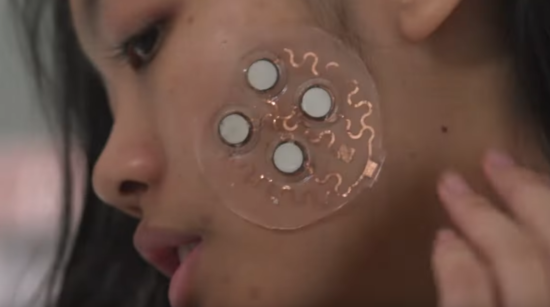Express Scripts wants to help, stores go cashless, NASEM’s little oopsie, and more
25 Apr 2023
Posted by Andrew Kantor
Oh, that money!
Oopsie — the National Academies of Sciences, Engineering and Medicine, which is supposed to be about as open and unbiased as the best of ’em — turns out to have received $19 million from the Sackler family (you know, the Purdue Pharma folks) while it was giving policy advice on the opioid epidemic.
Being given money is one thing, but failing to, you know, mention this fact while making recommendations … that’s a problem.
One pain researcher summed it up nicely:
“It sounds like insanity to take money from principals of drug companies and then do reports related to opioids. I am really shocked.”
Express Scripts offers “opportunities”
Express Scripts says it’s going to start offering rural independent pharmacies … well, not necessarily higher reimbursement rates, but “increased reimbursement opportunities.” It will apply to independent pharmacies ‘that are the only location within 10 or more miles of an Express Scripts customer.’
So what are these opportunities for better reimbursement?
This includes enhancing performance- and incentive-based programs that pay pharmacies more when they drive better outcomes, such as prescribing 90-day supplies of prescription drugs that improve adherence.
The PBM also says it wants to help independent pharmacies offer more preventative services, from vaccines to testing to substance-abuse counseling.
And the biggest news: It’s forming a committee to think of yet more ideas to help indy pharmacies.
A faster skin patch
MIT researchers are all excited about an electronic patch that can deliver drugs through the skin. Why yes, they even call it “game-changing.” It uses battery-powered ultrasonic technology to deliver drugs as opposed to the microneedles in existing patches.
What’s different? Well, it can deliver drugs to different depths in the skin, and in theory it can deliver large molecules because it uses sound to open pathways through the skin. And it works faster than microneedles: “The researchers found that their patch was able to deliver the same amount of niacinamide in 30 minutes that could be delivered with microneedles over a six-hour period.”

You can hardly notice it.
Help them deprescribe
People over 50 are open — quite open — to cutting down on their prescription meds. They just want someone to tell them it’s okay.
A new poll out of the University of Michigan found that 80% of older adults would be willing to stop taking one or more prescription meds if their health care provider said it was possible.
What do they want to stop, if they can? Hypertension or cholesterol meds top the list, followed by diabetes meds and pain management. But they need someone to talk to them about their meds, their conditions, and their options. Any ideas?
Sometimes ignorance is bliss
There’s a big downside to taking a genetic test (an APOE4 test) for Alzheimer’s risk — it might turn out you’ve got those risky genes.
Yes, there are more options for earlier treatment now, but just because they exist in news articles doesn’t mean practitioners are aware of them or how to help you take advantage.
[F]ew support services are available to help people deal with the implications of APOE4 testing, according to interviews with more than a dozen neurologists and genetic counselors. Alzheimer’s patients and caregivers face a shortage of genetic counselors to explain the tests and help them navigate the psychological, medical, financial and legal consequences.
Before you send in the swab, think about what you’ll do if you don’t get the result you’re hoping for.
Short takes
Bless you, prebiotics
What can we add to the list of “conditions caused by an imbalance in the gut biome”? How about hay fever?
[R]educed diversity of gut bacteria can lead to an increased risk of hay fever makes sense since the gut microbiome plays a key role in regulating the immune system, and we know the immune system influences allergies.
Is your future cashless?
More and more places are going cashless — accepting only credit and debit cards to avoid the hassle of bank visits and security worries. Part of the solution: “Reverse ATMs” that turn customers’ cash into credit cards.


